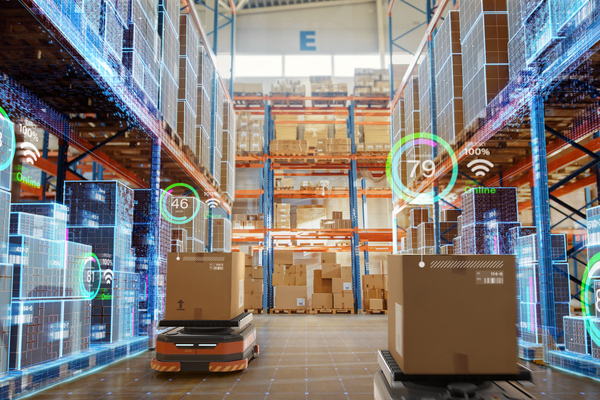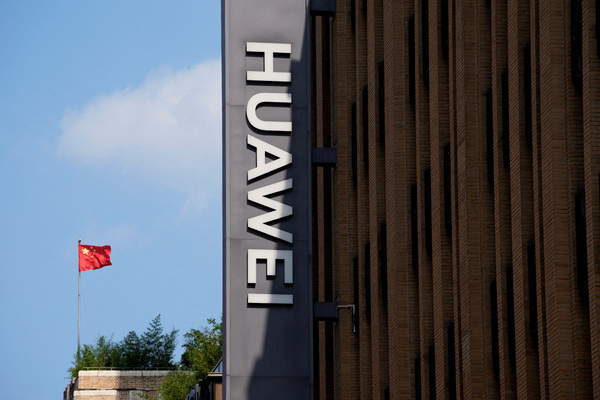SupplyChainTalk: Optimising for what matters - supply chain metrics that drive business value
On 3 April 2024, SupplyChainTalk host Ana Maria Velicawas joined by James Penn, Director of Supply Chain, Camira Fabrics Ltd; Nanda Kishore, VP of Sourcing, Evoy; and Justin Konopaske, Director - Industry Solutions, Syncron.
Views on news
A survey focussing on supply chain performance, obstacles and priorities has found that the main trends in 2024 include data management, process standardisation and sustainability. While 2023 was a struggle with skills shortages, this year is likely to be bring new opportunities and solutions. For those without any green credentials, this year is bound to bring setbacks. Oftentimes, challenges and opportunities are the two sides of the same coin. One of the major challenges when it comes to forecasting is a positive bias that may lead to a stockpile of goods that aren’t fresh enough, as well as overstocking.
Measuring performance
There are some widely used metrics such as customer order fulfilment (COF) and demand plan accuracy (DPA). However, the question is whether these traditional metrics suffice in today’s VOCA environment.
Getting your data right is always a good start for measuring performance. But the most important metrics will be the ones that directly affect service levels and customer satisfaction. Customers also must be kept in a feedback loop continuously, so the necessary adjustments can be made to their changing needs. Although service failures do happen, it’s key to prevent them from causing reputational damage. The damage in trust that Covid and other major disruptions caused still haven’t been fully restored, no matter how pressing it is. Quantifying the direct and indirect costs of supply chain failures is a prerequisite to measuring – think of expediting costs, handling returns, compensations. But other metrics, such as customer churn and retention or the lifetime value of a lost customer shouldn’t be overlooked either. Measuring should also be a dynamic process where the risk register is also updated in accordance with changes in the types and intensity of risks. Sometimes further losses are incurred thanks to falling service level resulting in paying penalties to regulators.
S&OPs must be upgraded on a continuous basis to secure a close relationship with sales partners, who will inform supply chain decision making and forecasting with figures and metrics that they have direct access to regarding emerging trends. Sharing responsibility with sales will also free supply chain teams from some of the burden of decision making, while sales has a much more hands-on experience of the market as well. The more data sources you integrate into decision making, the more realistic and accurate it will be. Increasingly, scenario planning and sensitivity analysis are also being introduced as new tools. A number of companies have their own dealer and OEM networks which they can also tap into when making forecasts.
The panel’s advice
- KPIs are not up to scratch unless they support decision making, so don’t ever be too proud to scrap one if it doesn’t do the job.
- Each company has their customised set of metrics to measure performance.
- Leverage a healthy dynamics between the sales and supply chain management functions, where sales’ more optimistic forecasts can get tempered by data provided by demand planning.
- One way of creating a more holistic supply chain network is integrating clients’ business processes into your own business plan.
- Integrity is a key characteristic of the supply chain professional. Honest communications to clients are also paramount in times of crises and black swan events.

Business Reporter Team
Most Viewed
Winston House, 3rd Floor, Units 306-309, 2-4 Dollis Park, London, N3 1HF
23-29 Hendon Lane, London, N3 1RT
020 8349 4363
© 2024, Lyonsdown Limited. Business Reporter® is a registered trademark of Lyonsdown Ltd. VAT registration number: 830519543





